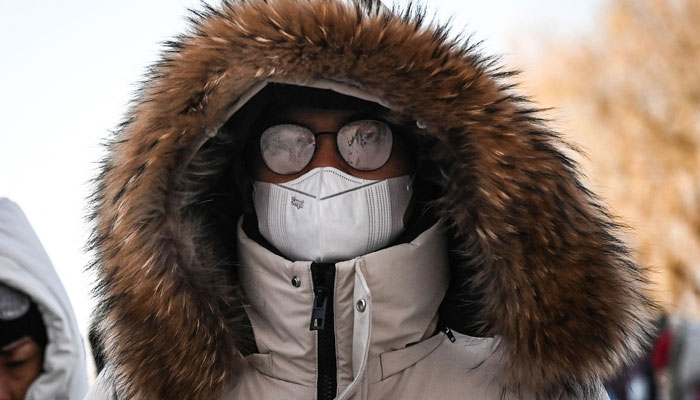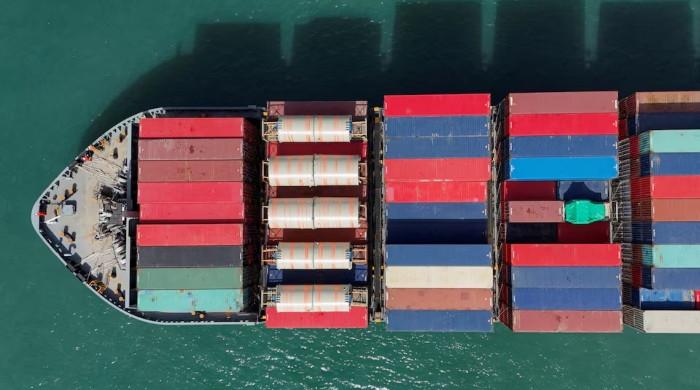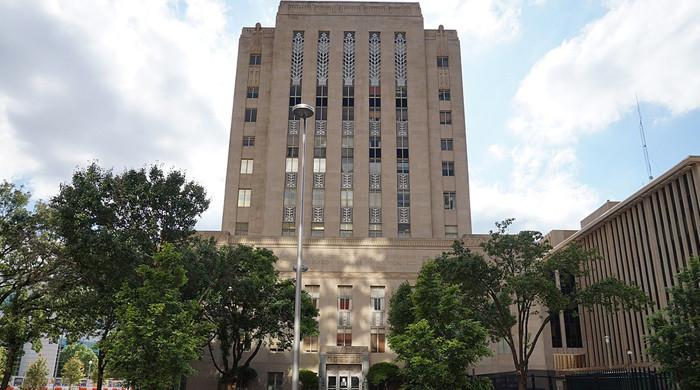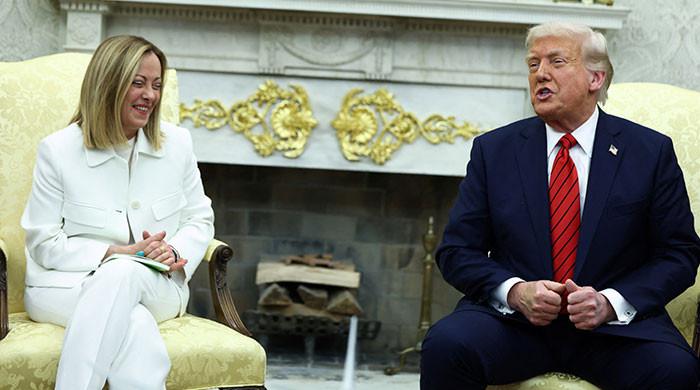Chilled China: Beijing faces coldest December on record
In June, Beijing recorded its hottest-ever day at just over 40°C
December 25, 2023

Beijing, the Chinese capital, is enduring its coldest December since records began in 1951, with temperatures frequently plummeting below -10°C.
This extreme cold comes on the heels of a scorching June, where Beijing recorded its hottest-ever day at just over 40°C. China, in general, is grappling with multiple waves of intensely cold weather this winter, impacting various provinces and disrupting normalcy.
According to a Beijing weather observatory, over 300 hours of below-freezing temperatures were recorded in less than two weeks, a situation reported by the state-backed China Daily news agency.
The repercussions of this cold snap extend beyond discomfort, affecting schools and transportation services in some areas. Henan province, in particular, faces energy supply challenges, with reports of heating boilers breaking down due to the persistent cold weather.
Simultaneously, northern Japan is witnessing unusually heavy snowfall, surpassing typical seasonal amounts. Alerts for heavy snow have been issued, with regions like Gifu and Hokkaido experiencing around a meter (39 inches) of snow in recent days.
South Korea, on the other hand, is encountering dramatic temperature swings, ranging from 16°C to below -12°C, as reported by the Korean Meteorological Administration (KMA). The impact of such extreme weather conditions on neighbouring North Korea remains uncertain.
Experts suggest a potential cause for this cold snap could be a weakening in the Polar Vortex, an expanse of cold air typically situated around the Arctic.
This weakening allows frigid air to extend further south than usual. However, the role of climate change in contributing to these weather anomalies remains a topic of debate among scientists.
As China battles through an unusually harsh winter, with Beijing facing its chilliest December on record, concerns about the broader implications of these extreme weather patterns, including disruptions to daily life and infrastructure challenges, are at the forefront.
The unique juxtaposition of scorching summers and freezing winters highlights the growing unpredictability of global weather patterns.











